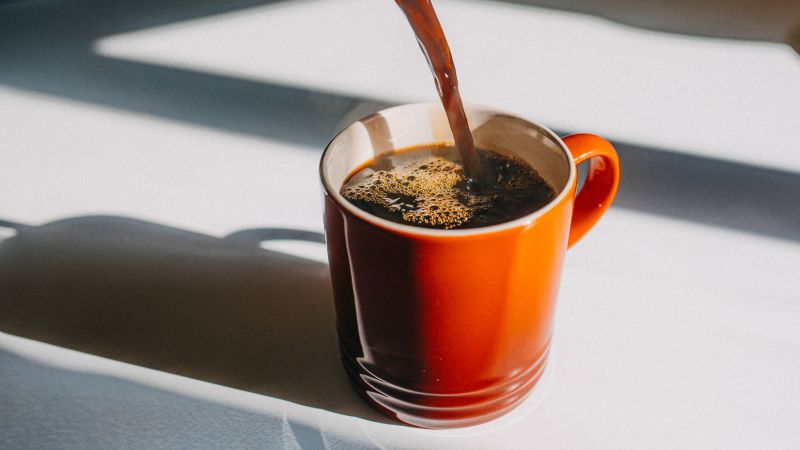That cup of joe that jolts you awake in the morning is pretty safe when it comes to contaminants and toxins, a new investigation has found. Well … almost.
“While some contaminants were present, most were found at minimal levels and well below the European Union’s safety limits per 6-ounce serving. This means coffee is generally safe,” said Molly Hamilton, executive director of the nonprofit Clean Label Project, which conducted the investigation into caffeinated coffees.
That’s great news because coffee has a stellar résumé: Studies have found drinking about 3 cups of black coffee a day provides health benefits, such as reducing risk for such issues as heart disease, multiple sclerosis, type 2 diabetes, liver disease, prostate cancer, stroke, dementia and more.
But here’s the grind — the testing found traces of a worrisome herbicide called glyphosate and one of its byproducts. Glyphosate is a popular herbicide that has been linked to hormone disruptions and neurotoxic effects, including the development of autism and other developmental disorders in children.
The first MAHA (Make America Healthy Again) Commission report, released in May, raised concerns about the impact of glyphosate and other pesticides on children’s health. The US Environmental Protection Agency and other regulatory bodies, however, say numerous studies and risk assessments have shown no adverse effects of glyphosate at levels found in the food supply.
Continue reading the complete article on the original source



